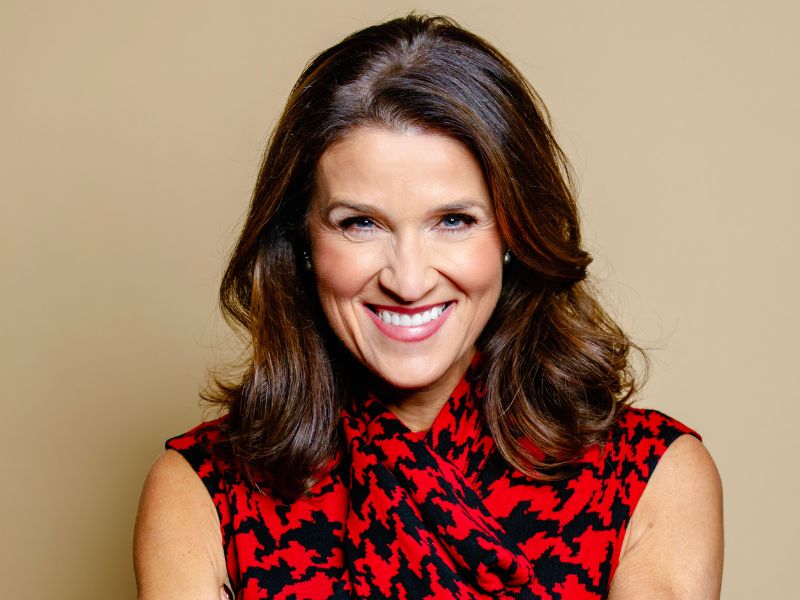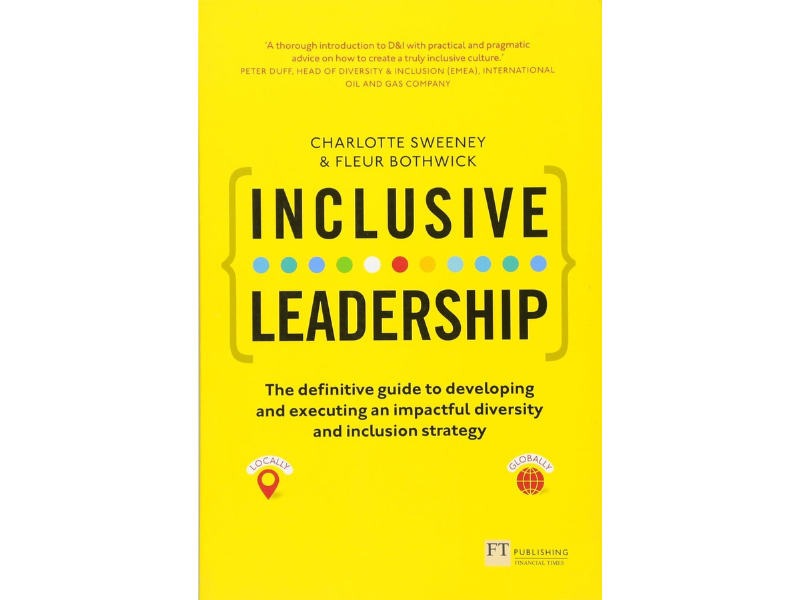 We’ve all seen reports of how many of the countries that have done well in the Covid-19 pandemic have had women leaders: New Zealand’s Jacinda Ardern, Germany’s Angela Merkel, Finland’s Sanna Marin and Tsai Ing-wen, President of Taiwan.
We’ve all seen reports of how many of the countries that have done well in the Covid-19 pandemic have had women leaders: New Zealand’s Jacinda Ardern, Germany’s Angela Merkel, Finland’s Sanna Marin and Tsai Ing-wen, President of Taiwan.
While it’s brilliant to see women garnering recognition for their leadership success, the interesting question to me is why in the 21st century is this at all a remarkable matter? Is there something about women’s leadership that lends itself to a crisis?
This was a question asked by researchers who identified the phenomenon they came to call the Glass Cliff (Ryan & Haslam, 2005). They showed that when companies are undergoing a crisis, they are more likely to appoint a woman as CEO than under normal trading conditions. When these conditions are simulated in experiments, they support this finding, showing that gender stereotypes are deeply buried in our culture and that if there is a crisis, a woman is the right kind of person to fix it (see Bruckmuller, Ryan, Rink & Haslam, 2014). Study after study reports that stereotypical female attributes of empathy, co-operation and collaboration are seen as the qualities that make women the right fit to lead in a perilous situation. So, while the women who have led nations successfully during the pandemic may not have been elected because their countries were in crisis, their style of leadership could have given them an advantage in dealing with such a situation.
In most normal circumstances, women continue to face structural and psychological barriers in climbing to the top of organisations. My own research in FTSE companies (Barnes, Lewis, Yarker & Arevshatian, 2019) clearly identifies the difficulties female candidates face in being appointed to public company boards where bias and exceptionalism work alongside the lack of responsibility for developing a female talent pipeline to make progress in equality of representation somewhat glacial. And in the meantime, we fail to make the most of the potential of half the population.
During this pandemic, women leaders have acted quickly, coherently and above all, practically. As Devi Sridhar, Professor of Global Health at the University of Edinburgh and prominent commentator in the current situation tweeted recently about what she would do: ‘’..go cautiously, consult widely and listen to the public, teachers, parents, the elderly, & learn from other countries. Humility, listening & clear strategy go a long way.’’ These may be the hallmarks that have made female leaders successful in managing this crisis, though I hope that many of us would recognise that the typically stereotypical female ascribed values are good for leading in many situations. We must celebrate these women’s successes and do more to recognise that female leaders are good for normal life, not only for a crisis.
About the author
 Dr Claire Barnes is a chartered organisational psychologist and coach and is a Visiting Fellow at Birkbeck, University of London.
Dr Claire Barnes is a chartered organisational psychologist and coach and is a Visiting Fellow at Birkbeck, University of London.
If you are a job seeker or someone looking to boost their career, then WeAreTheCity has thousands of free career-related articles. From interview tips, CV advice to training and working from home, you can find all our career advice articles here.








